‘I saved 100 people that night’
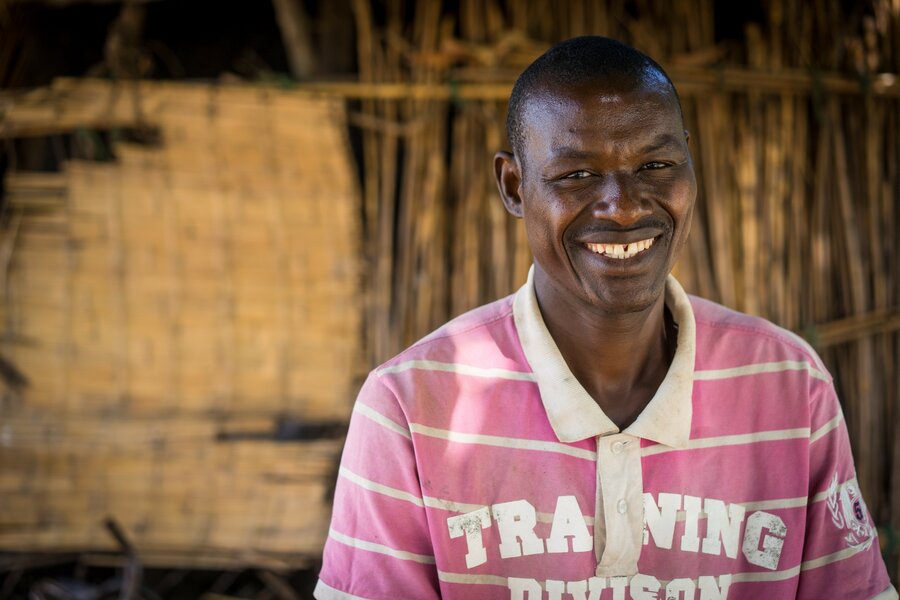
That's what we call a hero
Bram Mussa lives in Masangano, a small village hit hard by Cyclone Idai in Malawi. That night, most of the villagers could not escape the havoc the storm wreaked. Under heavy rains and winds, Bram took the only canoe available in the village and brought to safety more than 100 men, women, and children. "I did not sleep that night. I all I could think of was rescuing as many people as I could, " he said.
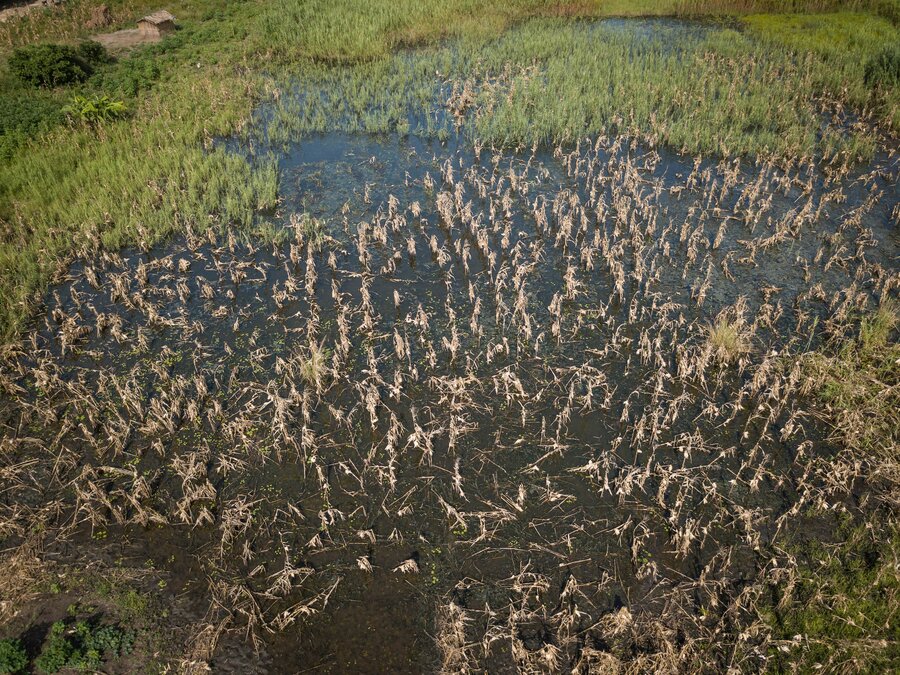
"I did not sleep that night. I all I could think of was rescuing as many people as I could."
Since the rains had cut any land access to safer grounds, Bram and a group of men ferried people back to the only school in the village. Ruthie Banda, a mother of four children, was among those saved from the storm.
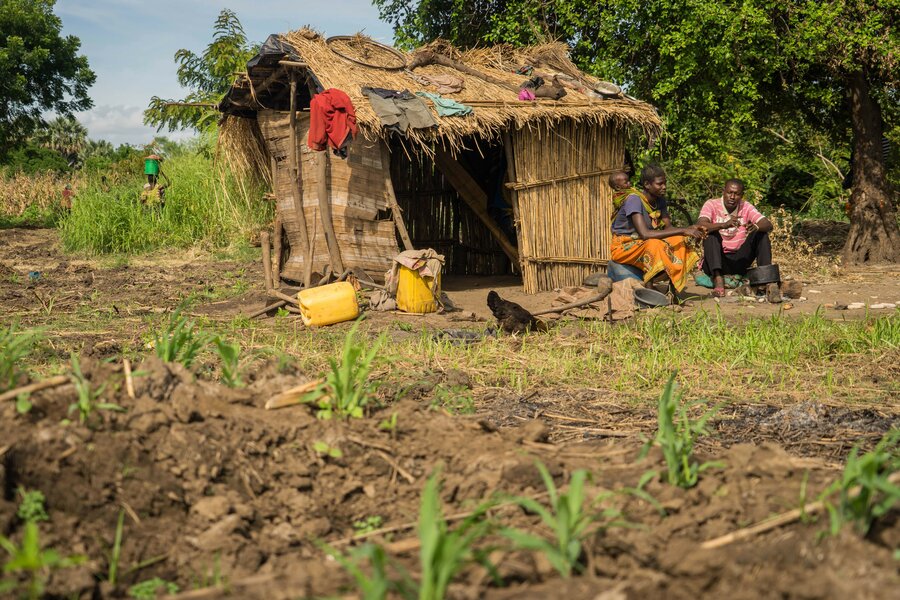
"It rained for three days non-stop, and I could see cracks forming on the walls of my one-room mud house," says Ruthie. "On the third day, in the middle of the night, water started entering the house. I could not open the door and there was no window. We were trapped."
"On the third day, in the middle of the night, water started entering the house. We were trapped."
"Water level rose up to our elbows. My husband and I were carrying our children in our arms, screaming for help. Thankfully, Bram and the other men came to pick us up by boat and took us to the school where our neighbors were." Her house collapsed minutes after the family was rescued.
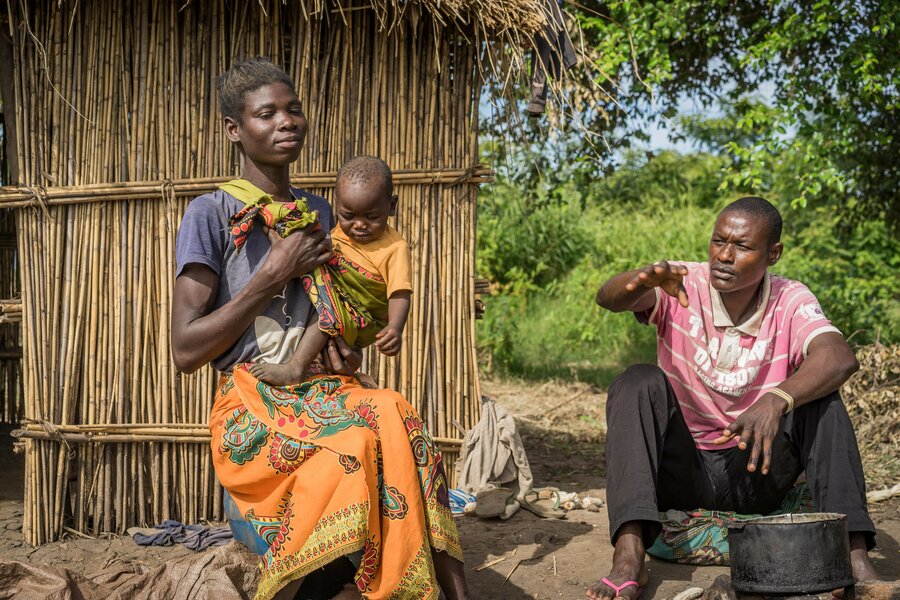
In the days following the storm, displaced families started to realize the extent of the damage. Most of their crops — which were about to be harvested — had been washed away by the floods. Some houses collapsed, particularly those built with traditional mud bricks, and water flows had taken all their belongings to the nearby river.
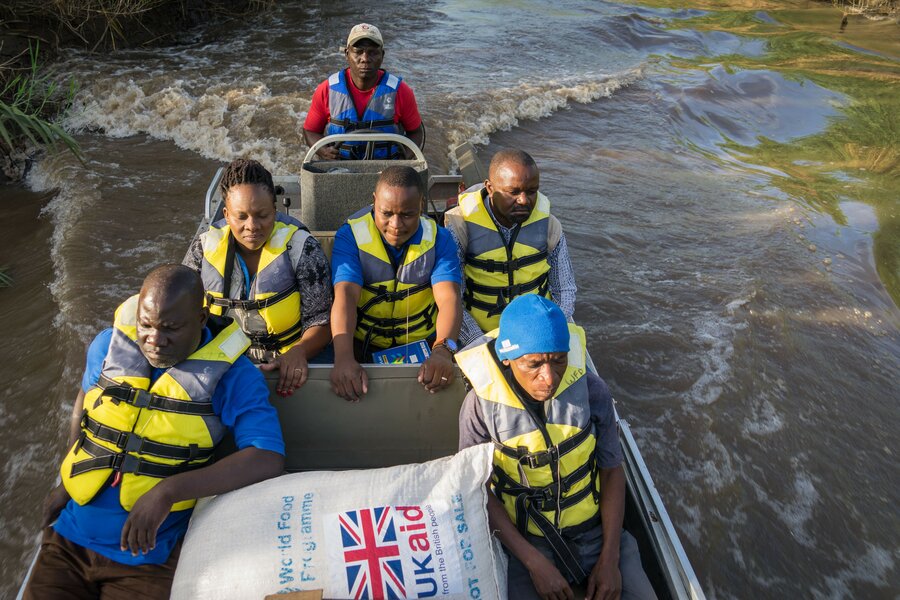
Mansagano is still cut off from the mainland, and the village is only accessible by boat. As part of the Floods Response Plan, the World Food Programme (WFP) is distributing food to affected communities by road or boat. The assistance is planned to continue for three months .
"I have lost everything, and it will take us some time to rebuild a new house, maybe on higher ground," says Ruthie. "In the meantime, at least the food I receive will help feed my children for a while."
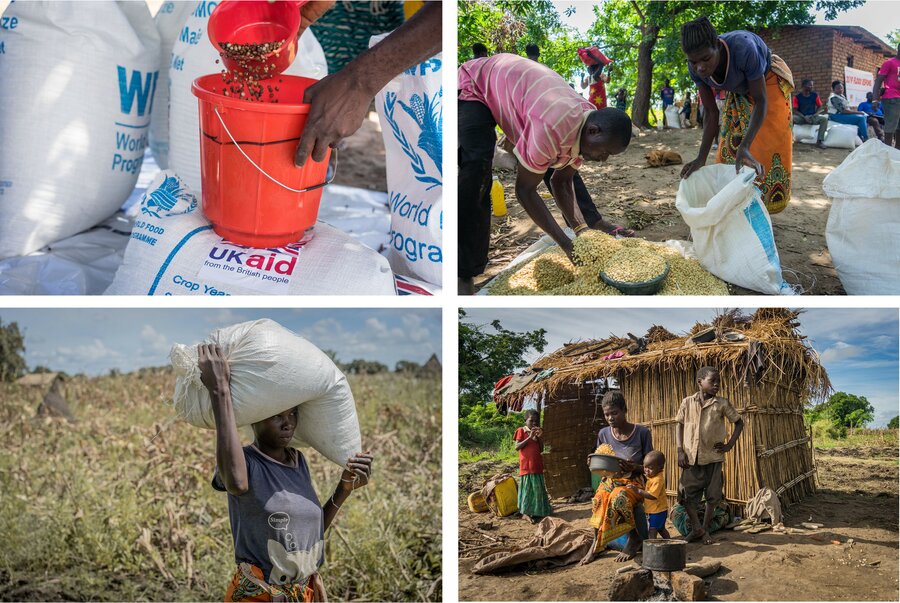
WFP has received the generous support of the United Kingdom to quickly roll out food and cash distributions in the most affected districts of Malawi. The contributions aim to reach 150,000 people with food and cash assistance.
